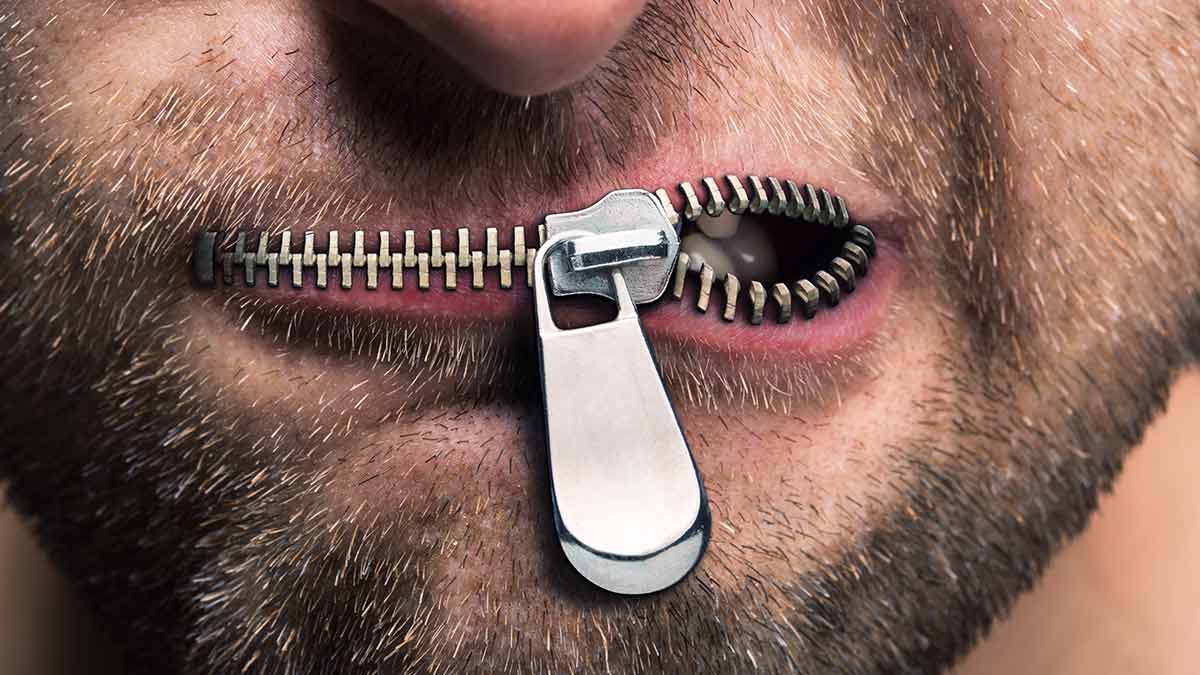
The IRS Is Still Trying to Muzzle Non-Profits
A bipartisan coalition of more than two dozen non-profit organizations has come together to oppose an IRS regulation that would stifle the free speech of social welfare groups. The rule was initially proposed in 2013, but thanks to the actions of advocacy groups, it has so far been successfully delayed until October 1. Time is running out, however, and organizations on both sides of the aisle — including tea party groups, First Amendment watchdogs, and defenders of civil liberties — are trying to kill the regulation once and for all.
IRS Regulation 134417–13 would dramatically restrict the permissible activity of 501(c)(4) non-profits with respect to politics. While these groups have always been barred from straight-up electioneering, the new rule forbids even tangential political activity that clearly falls under the umbrella of education and social welfare — the proper function of 501(c)(4)s. For example, the rule would prevent organizations from publishing voter guides, scorecards, or any even purely factual lists of votes taken by candidates for political office. There can be no doubt that the knowledge of what our elected representatives are doing is beneficial to the public, but the IRS wants to squash any effort to hold politicians accountable for their actions.
People traditionally think of speech restrictions on non-profits as an issue that primarily affects Republicans, who have resorted to 501(c)(4) groups as a counterweight to the Left’s reliance on labor unions and professional organizations. This rule, however, is far more broad and has the potential to be applied across the board, including to unions, churches, and any other non-super PAC entity that might cover politics. For this reason, it’s not surprising that liberal groups such as the Coffee Party and Women Matter have joined tea party and libertarian groups like Taxpayers United of America, First Amendment Alliance, and Free the People. The coalition is being organized by the Tax Revolution Institute.
Because of its chilling impact on free speech, the regulation is being called the IRS “muzzle rule.” The agency’s eagerness to curtail Americans’ First Amendment rights is part of a pattern dating back to the IRS targeting scandal that emerged in 2013, when the agency was caught suppressing applications from conservative non-profit groups. IRS Commissioner John Koskinen’s unwillingness to cooperate in the investigation of that scandal, as well as his introduction of the muzzle rule shortly thereafter, are among the reasons why many conservative members of Congress have been calling for his impeachment.
This sort of de facto lawmaking by the IRS is also part of a larger problem where executive branch agencies are empowered to do things that would never make it through the democratic process. Since Commissioner Koskinen was appointed rather than elected, he bears none of the accountability to voters that a congressman or a senator would, and so is much more willing to pursue controversial and unpopular regulations.
Anyone who cares about the rule of law, freedom of expression, and the value that social welfare organizations provide to Americans regardless of political ideology, should be gravely concerned about what the IRS is doing and reject any attempts by executive branch agencies to trample on the fundamental right to free speech.
This article originally appeared on Conservative Review.
Free the People publishes opinion-based articles from contributing writers. The opinions and ideas expressed do not always reflect the opinions and ideas that Free the People endorses. We believe in free speech, and in providing a platform for open dialogue. Feel free to leave a comment.



